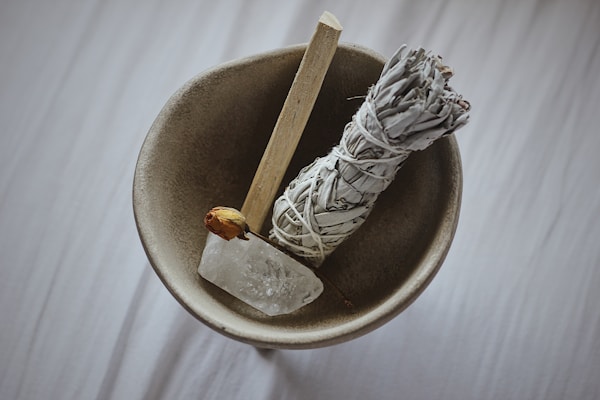Plants With Healing Properties
Many plants have been used for medicinal purposes for centuries, but scientists have only recently begun to study the potential benefits of plants. This is because plants are complex organisms that contain a wide variety of compounds, some of which may have medicinal properties. Keep reading to learn about the plants and herbs with healing properties.
Plants With Healing Properties
Clary Sage: The Relaxation Herb

Clary sage has been used medicinally for centuries to reduce stress, improve menstrual cramps, and alleviate menopausal symptoms. Clary sage is a versatile essential oil with a host of benefits. It has a sweet, nutty scent that is calming and uplifting. Clary sage is great for relieving stress and anxiety, and it can also help to improve focus and cognitive function. Clary sage is also a natural antidepressant and can help to boost moods. Additionally, clary sage is a powerful antiseptic and can be used to help treat skin infections. Clary sage is also beneficial for the digestive system and can help to relieve constipation and other digestive issues.
Aloe: The Healing Plant

Aloe vera is commonly used to alleviate different types of pain. The aloe plant produces a clear gel that can be applied topically to the skin. Aloe Vera gel is a natural moisturizer that is effective in treating a variety of skin conditions, such as sunburn, psoriasis, and eczema. Aloe Vera gel is also effective in treating burns, including first- and second-degree burns. Aloe is also used to treat digestive problems, such as ulcers and constipation. Aloe is believed to have anti-inflammatory and antioxidant properties. For example, if you’re wondering what to do if you injure yourself in your restaurant’s kitchen, you may want to reach for some aloe while you get some assistance. You can find aloe at a grocery store when they’re in season, or you can have aloe plants delivered to your door.
Ginger: The Anti-Inflammatory Savior
Ginger has a long history of use for healing both internal and external problems. It’s a common ingredient in many herbal remedies and has been shown to be effective in treating a variety of health conditions. Ginger is a natural anti-inflammatory agent, making it effective in reducing inflammation throughout the body. This makes it helpful in treating conditions like arthritis, asthma, and gastrointestinal problems. Ginger is also a well-known natural remedy for nausea and vomiting. It can be effective in treating morning sickness, motion sickness, and chemotherapy-related nausea. You can also use ginger to increase the flow of blood throughout the body, which can help to improve overall health and reduce the risk of developing cardiovascular problems. Ginger is helpful in regulating digestion and can be used to treat conditions like diarrhea, constipation, and indigestion.
Lavender: The Anxiety Reliever
Lavender oil is extracted from the lavender flower. This oil has a sweet, floral, herbaceous aroma. It is one of the most popular essential oils and is used in aromatherapy, cosmetics, and food. Lavender oil has a long history of use for healing. It is a natural antidepressant, antiseptic, and antiviral. Lavender is also a natural sedative and analgesic, which makes it useful for relieving pain and tension. It’s also a natural antiseptic and helps to heal wounds and burns. It is also beneficial for acne, psoriasis, and other skin conditions. More notably, lavender oil is also beneficial for the mind and body. It is a natural antidepressant and can help to relieve stress and tension. It is also a natural sedative, which can help to promote relaxation and sleep.
Overall, the healing properties of plants should not be underestimated. They have been used for centuries to treat a variety of illnesses and disorders, and modern science is beginning to understand why they are so effective. Plants are a natural and affordable way to improve your health, and they have a host of other benefits as well.
latest video
news via inbox
Nulla turp dis cursus. Integer liberos euismod pretium faucibua
you might also like
Ensuring optimal nutrition for our furry companions is paramount to […]
You might be fortunate enough to have gorgeous curls all […]
In beauty, eyelash extensions rank among the most popular services […]







